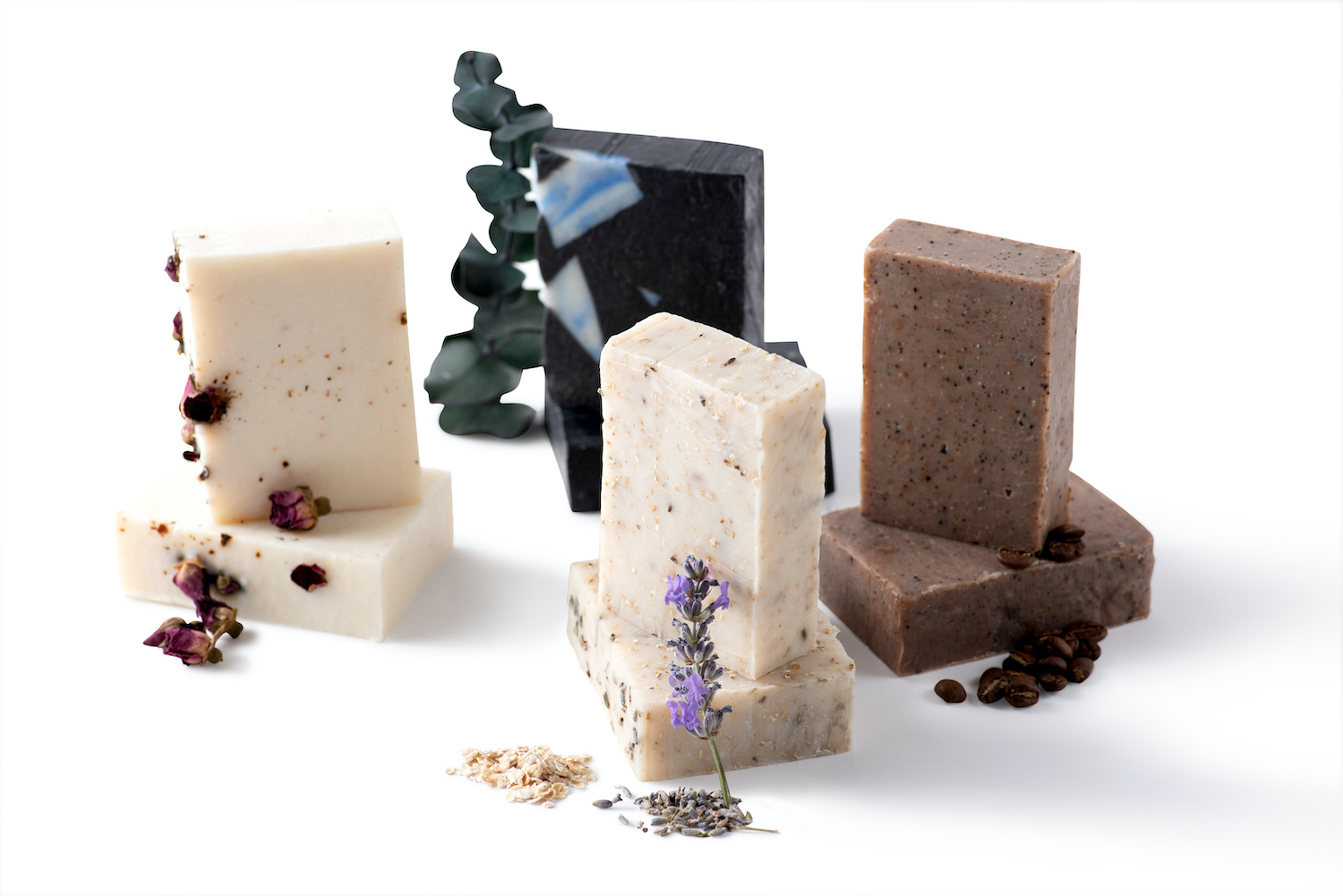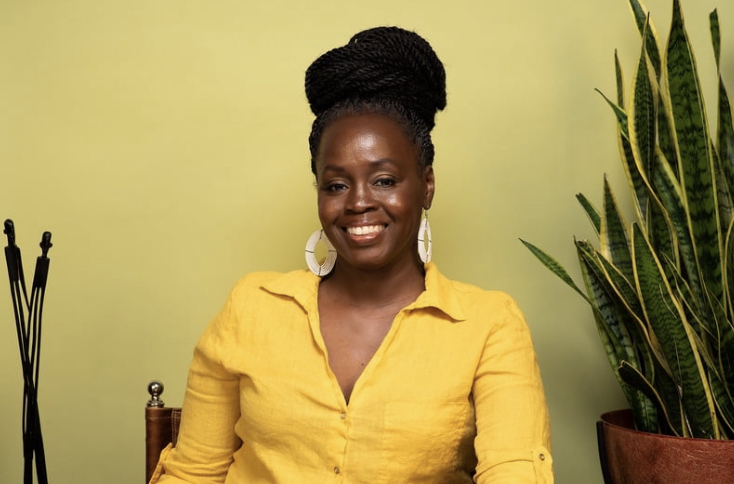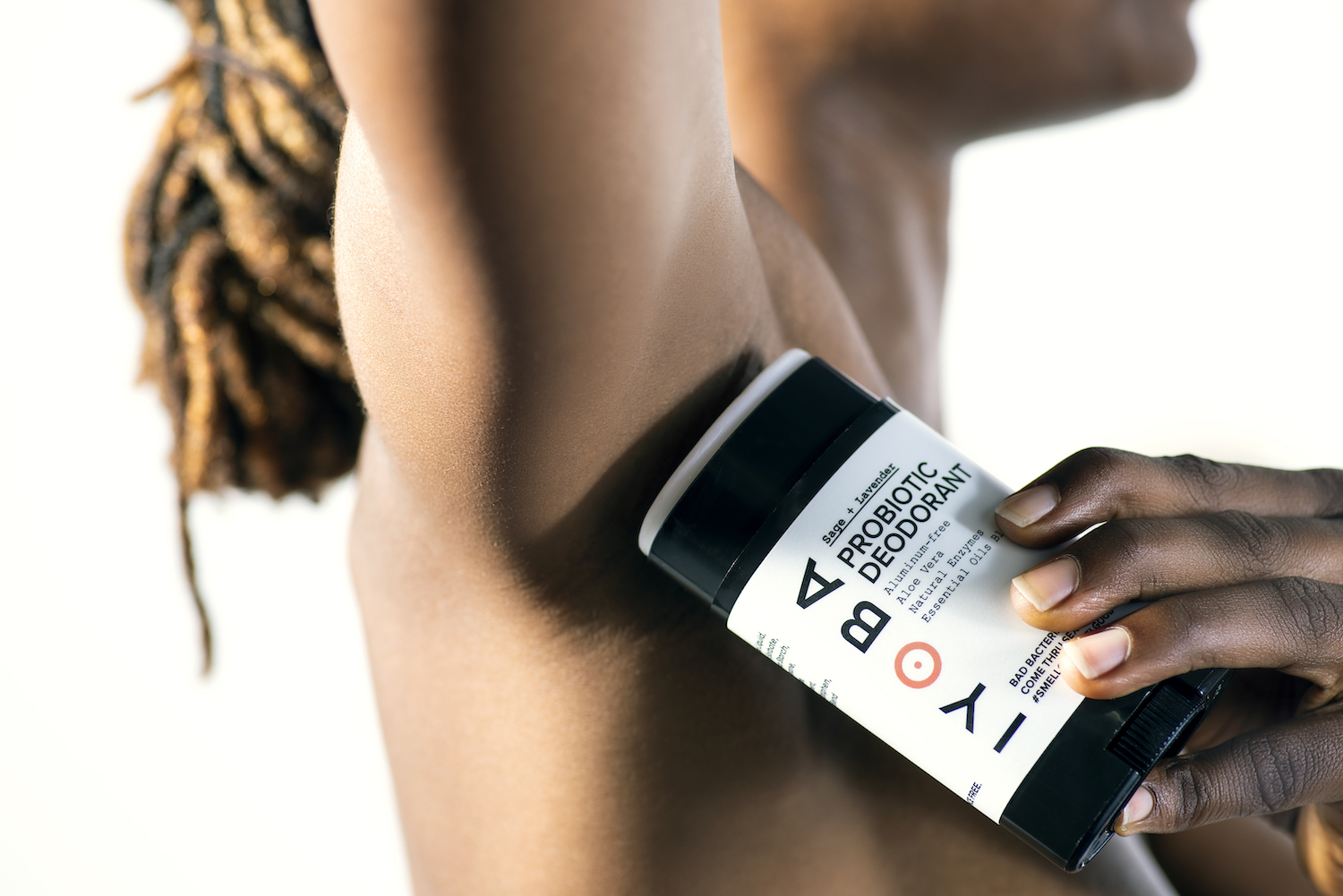
Clean Beauty Brand Iyoba Launches At Target, Secures $15K Loan On Kiva To Support Rollout
Small-batch clean beauty brand Iyoba made its way onto 132 Target shelves this month thanks in part to a $15,000 loan it secured via micro-lending service Kiva.
“I really like the idea of having a crowdfunding platform where people have a buy-in in your business. They have a buy-in in what you’re doing. It feels really organic,” says Iyoba founder Efiya Asabi. “I’m a lender on Kiva as well, and I really like being able to support small business and show that I appreciate the work that they’re doing.”
The brand met its fundraising goal on Kiva around two weeks after it began its fundraiser, and 294 lenders contributed. The loan is fixed and lasts for 36 months. No interest is involved. As the Iyoba’s Kiva page explains, some of the money it raised went toward purchasing drums of raw materials like coconut, avocado and olive oils along with 10 large-capacity soap molds. The rest was allocated toward a down payment to lease a small warehouse in the Bay Area, where Asabi resides, and hiring part-time employees.
Iyoba has four part-time employees, two of which are dedicated to production and development. On the Kiva page, Asabi writes, “This loan will allow me to increase the production of soap so that I can successfully fulfill my first purchase order of 6,000 bars of soap and prepare inventory for subsequent orders. I hope to continue to grow my business and create more jobs in my community.”

Iyoba’s partnership with Target was more than a year in the making. A Target buyer reached out to Iyoba in January 2021 inquiring about Asabi’s interest in placing the brand at the retailer. An avid Target shopper who’d noticed the chain’s efforts supporting Black-owned brands, she thought it was a good fit. She pitched Target following the buyer’s outreach and, around July, Iyoba received the formal green light from the retailer.
Iyoba’s Kiva loan campaign kicked off in October and closed a month later. On top of raising money, Asabi hired a consultant to help her navigate the new territory of partnering with a major retailer and assuage concerns she had about scaling and the reordering process. “That was a game-changer,” she says. “I don’t know how I would’ve done it if I had to rely on my own skill.”
Four out of Iyoba’s 10 artisanal soaps are stocked in Target stores. The $8.99 soaps are available at the retailer in lavender and oatmeal, charcoal and eucalyptus, coffee and vanilla, and rose and geranium scents. Online, Target sells the soaps as well as Iyoba’s Honey Mango & Grapefruit Body Oil, Lavender & Vanilla Body Oil, Lemongrass & Coconut Sugar Body Scrub and Lavender & Vanilla Sugar Body Scrub. The non-soap products are priced at $17.99 each. Outside of Target, Iyoba is stocked at about 30 boutique retailers across the United States and Canada.
Before the pandemic hit, Asabi’s preferred distribution method was in-person events. She still sells her merchandise regularly at her local farmer’s market. “I do really like having that face-to-face with the customer just because I think it’s the best way to tell our story,” she says. “It also keeps us in touch with what our customers want.” The pandemic forced Iyoba to depend largely on its website for sales in 2020, and it ended up being the brand’s bestselling year since its launch in 1999.

In mid-2020, when the movement to buy from Black-owned businesses accelerated in the wake of George Floyd’s murder, Iyoba experienced its highest-grossing month in July. The brand’s $15 Probiotic Deodorant was a runaway hit. It was featured in The New York Times and GQ. Vogue, Buzzfeed and San Francisco Chronicle also mentioned Iyoba’s products. The brand’s growth has tapered off a bit from 2020, but continues to head in a positive direction, says Asabi. She discloses its revenues have increased by a third since the brisk period in July 2020.
Like a lot of beauty entrepreneurs, Asabi started in the beauty industry simply trying to find a solution for her family. She created oatmeal soaps and shea butter body creams to treat her then 6-month-old’s eczema. She simultaneously made jewelry and vegan cakes, and gave all of the goods she made to family and friends. Once she realized the soaps and body creams were taking off, she focused her attention on them.
It’s been nearly 28 years since Asabi turned her plant-based concoctions into a business. She doesn’t concentrate on Iyoba full-time yet, but hopes to in the near future. She’s a trained medical social worker and works with clients at her health coaching practice in addition to running Iyoba.
“With this Target partnership, I’m excited to be able to get in front of a lot more folks’ eyes in that sense and share what we offer,” she says. “I’d like to also strengthen my business overall with increasing our online sales and, at some point this year, maybe I can do this full-time.”





Leave a Reply
You must be logged in to post a comment.